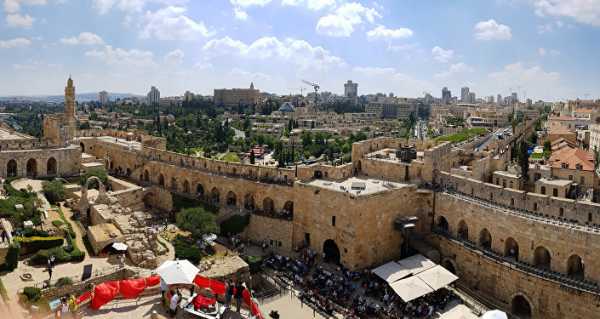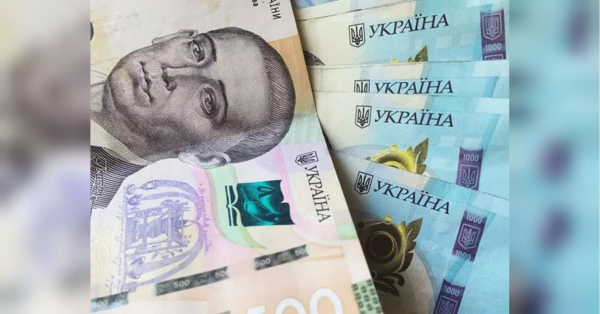
Before the outbreak of the pandemic, Jerusalem attracted nearly 80 percent of Israel’s incoming tourists, but the spread of the virus has dealt a severe blow to the industry. This, however, hasn’t broken the city’s spirit, as it is determined to keep attracting visitors despite the hardships.
Last week, Israel’s government decided to impose a night curfew on 40 towns and cities across the country in a bid to curb the spread of COVID-19, which has already claimed the lives of more than a thousand Israelis.
Although Jerusalem was not considered to be a “red” zone that required a lockdown, some of its neighbourhoods, including the Old City, showed an alarming number of COVID-19 patients, and that meant that the tourism industry, which has been one of the city’s main sources of income, would continue to suffer losses.
Addressing the problem, Rafi Peretz, Israel’s Jerusalem affairs and heritage minister, said that the disputed city, which hasn’t seen foreign tourists since April, has been dealt a severe blow from which it is still struggling to recover.
More than 50 percent of Jerusalem’s hotels are still closed, those that are open are only 30 percent full with Israeli tourists, and the city, which attracted nearly 80 percent of all tourists that came to Israel in 2018, is now largely deserted.
Optimism is the Key
But Ilanit Melchior, the head of tourism at the Jerusalem Development Authority, says she has no option but to be optimistic.
After her office was able to bang out some cash from the government, the authority decided to invest it into the opening of the city’s hotels and helping out local businesses that have been hurt by the pandemic.

A general view of The Dome of the Rock Mosque at the Al Aqsa Mosque compound, known by the Jews as the Temple Mount, is seen from the Mount of Olives in east Jerusalem. (File)
One of their incentives included the distribution of 25,000 vouchers to the city’s hotels that would enable tourists that had purchased a vacation package to also enjoy a free tour guide and an entry to one of Jerusalem’s attractions, an initiative that Melchior says has put many people back into work.
Another one was to strike a deal with various labour unions that will now be able to give their members a free meal in one of Jerusalem’s restaurants as well as the decision to digitalise the city’s attractions to make them more accessible to the masses.
Even though the numbers are not what they were before, the moves taken are generating income and Melchior attributes the relative success to Israel’s ability to adjust itself to the changing circumstances.
Better Management Needed
Yet despite the optimism, flexibility, and adaptability, Melchior acknowledges that things could have been done differently.

People on streets of the old city in Jerusalem
Melchior knows that that approach would not solve all of Israel’s problems and would not contain the spread of the virus, but she says it could lower the country’s unemployment numbers that currently stand at more than half a million people and give those who have lost hope “something to look forward to”.
But that might be easier said than done.
In the country, where “there are too many cooks” and where political decisions often overshadow the ones made by the coronavirus cabinet that was set up with the aim of tackling the pandemic, the distribution of funds will not be an easy task.
And while the government is still debating over where to take that money from and where to pour it in, Melchior and her team are bracing themselves for what is still to come.
On Thursday, the coronavirus cabinet decided to impose a full lockdown on Israel during the upcoming religious holidays. Now it will be up to the government to decide whether to move ahead with that plan, and the final decision is expected on Sunday.
Sourse: sputniknews.com






